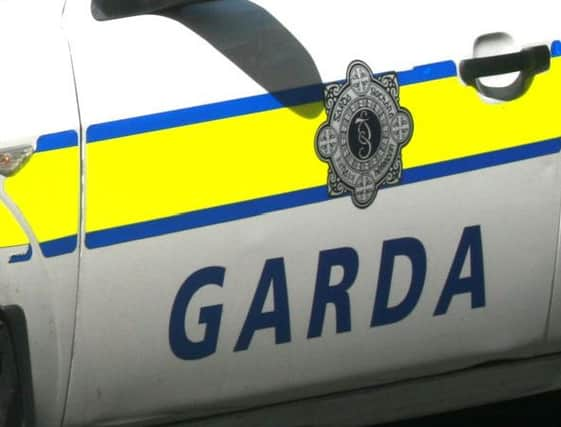'˜Sectarianism not yet gone from Republic of Ireland'


“I don’t want to give the impression that sectarianism against Protestants has gone in the South,” he told the News Letter as part of an interview about his new book, Buried Lives, The Protestants of Southern Ireland.
”There have been recent incidents of two Church of Ireland churches being attacked and one of these, in Enniscorthy, was daubed with paint with the word ‘B*****DS’
Advertisement
Hide AdAdvertisement
Hide Ad“The church in Enniscorthy was repeatedly vandalised during 2016/7 and 70 small panes of glass were smashed over the summer of 2016. The words ‘Proddy B*****d’ were spray painted on the church door.
“This was reported in the Wexford People week of 6th March 2017.
“The same has been going on in the small Church of Ireland church in Camolin in Wexford since 2013,” he said, citing the Wexford Echo headline ‘Vandals attack Camolin church’ on May 8, 2013.
He added: “There have been incidents of Protestant children being attacked in a Roman Catholic school in a rural community.”
Advertisement
Hide AdAdvertisement
Hide AdThe report came from a councillor, he said, in a rural area of the Republic who spoke to him during the research for his book, but who wanted to remain anonymous.
Before the recent publication of Mr Bury’s book, one of his M Phil tutors at Trinity, Prof David Fitzpatrick, published research saying the number of Protestants in the south from 1911-26 declined because of low fertility and marriage rates.
“I think I have proved him wrong,” Mr Bury responded.
Taoiseach Eamon De Valera and Archbishop John Charles McQuaid drew up a constitution in 1937 that recognised “the special position” of the Catholic Church, he notes.
“De Valera also did away with the provisions of the 1922 constitution which were designed to protect the minority Protestant interests,” he said.
Advertisement
Hide AdAdvertisement
Hide Ad“The preamble to the 1937 Irish constitution still stands. It defines Irish identity in a homogeneous, nationalist, Catholic way and is not inclusive of different traditions, particularly the British one of which, if anything, it is contemptuous.”
With two Protestant government ministers, there is no longer state discrimination, he said, but to reflect a new inclusive Ireland, the present constitution “needs to be changed quite radically”.